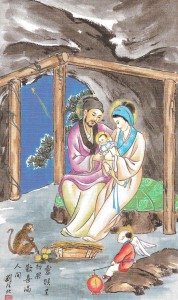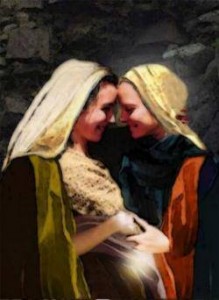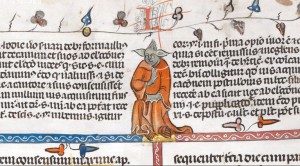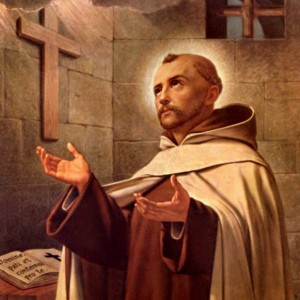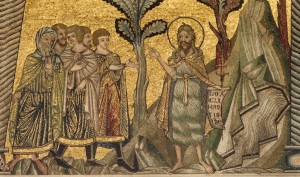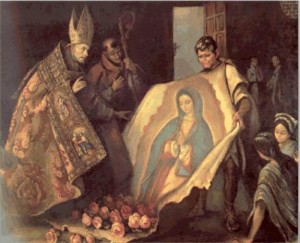“Rejoice, O mystical rod which blossomed the unfading Flower.”
(excerpt from the Akathist Hymn to the Theotokos)
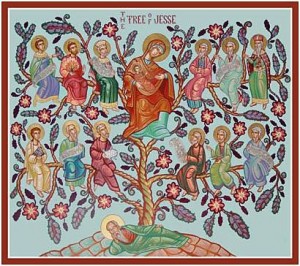 The genealogy of Jesus is very interesting and impressive for a variety of reasons. The Gospel of Saint Luke traces Jesus’ ancestry back from Joseph to Adam to show His connection to the inception of humanity; the Gospel of Saint Matthew begins his genealogy with Abraham –the Father of the Hebrew Nation– and moves forward, linking Him to the kingly line of David. Both strains of lineage demonstrate, therefore, that Jesus is the fulfillment of all Old Testament prophecies because He is a direct descendent of King David, the rightful heir to be the new “King of Israel.”
The genealogy of Jesus is very interesting and impressive for a variety of reasons. The Gospel of Saint Luke traces Jesus’ ancestry back from Joseph to Adam to show His connection to the inception of humanity; the Gospel of Saint Matthew begins his genealogy with Abraham –the Father of the Hebrew Nation– and moves forward, linking Him to the kingly line of David. Both strains of lineage demonstrate, therefore, that Jesus is the fulfillment of all Old Testament prophecies because He is a direct descendent of King David, the rightful heir to be the new “King of Israel.”
This, too, was prophesied by Isaiah who proclaimed that, “There shall come forth a shoot from the stump of Jesse, and a branch shall grow out of his roots. And the Spirit of the Lord shall rest upon Him” (Is. 11:1-2); Jesse is the father of King David.
God fulfills His promise. The icon presented here depicts mystical “root” often depicts the Virgin Mary in the center of a vine of the historic forefathers presents to the world the blossomed Fruit or Flower, Jesus, seated upon her throne-like lap.
Today, is a time to contemplate the Promise made Flesh in the birth of our Lord and Savior! For it is “Jesus who brought the fire of the Spirit, which takes away the desire for the things that are here, and removes us to another love” (Saint John Chrysostom).
